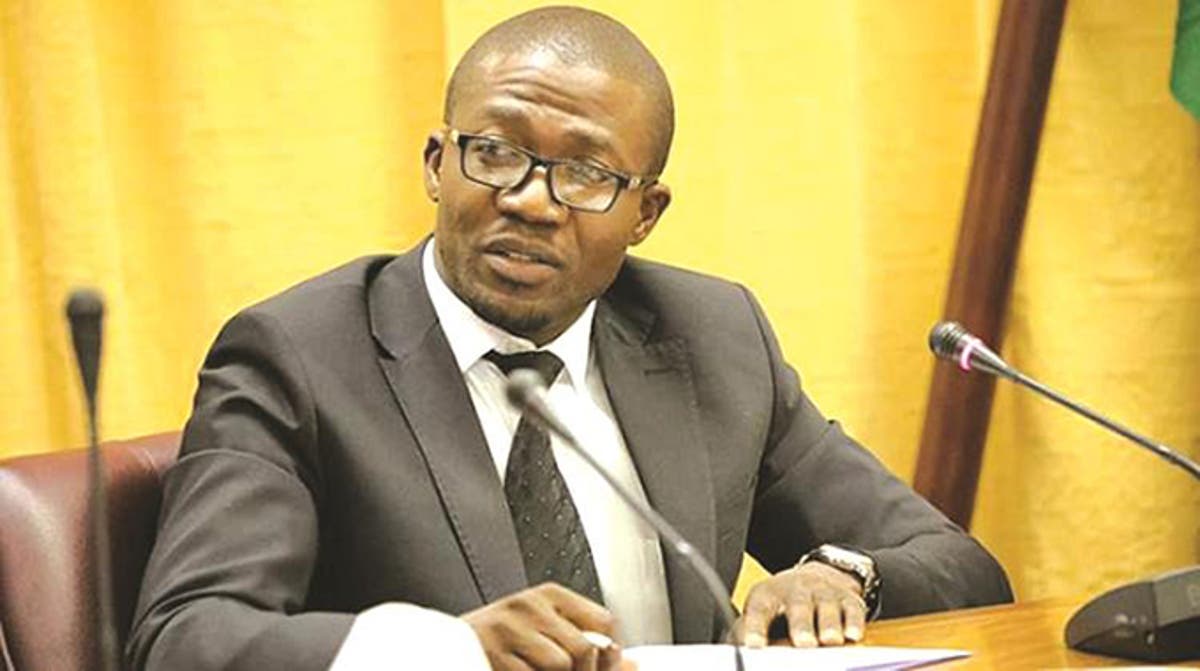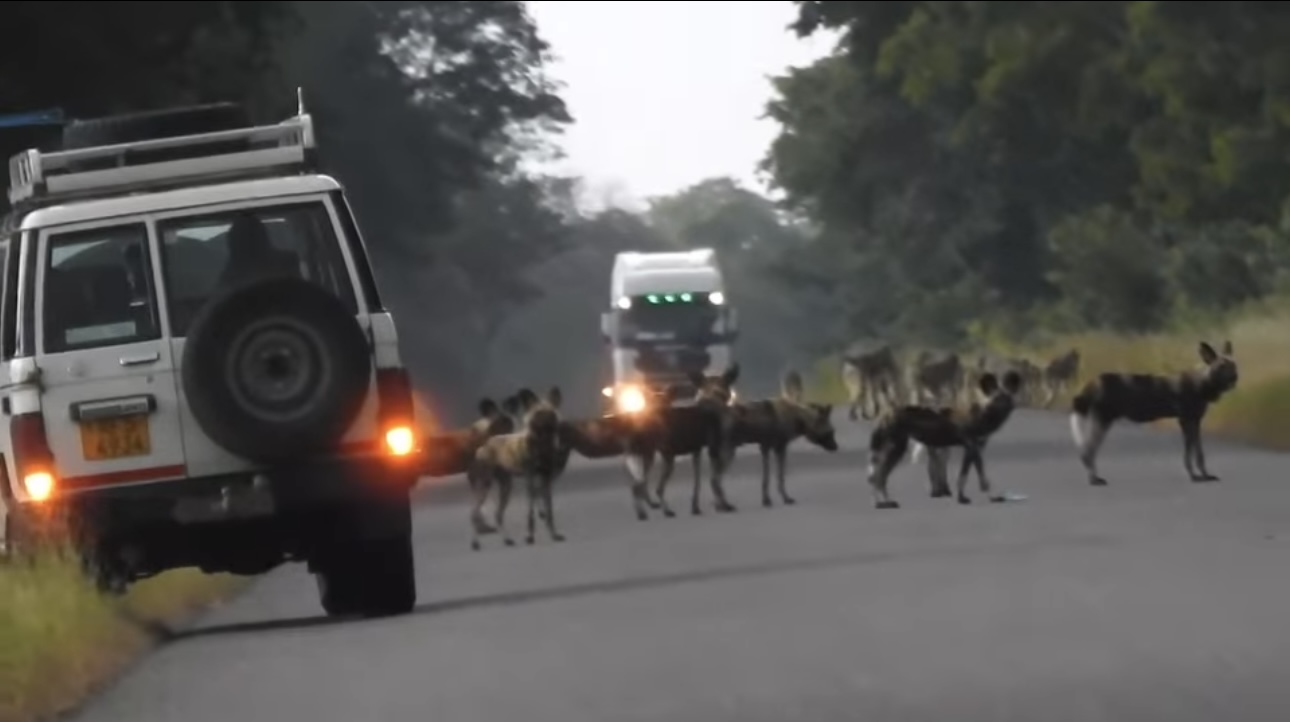BY NOKUTHABA DLAMINI
Zimbabwe’s tourism industry desperately needs a bail out from treasury for it to rebuild after the outbreak of Covid-19 last year paralysed the sector, Environment, Climate and Tourism minister Nqobizitha Mangaliso Ndlovu has said.
Ndlovu told the ongoing 2022 pre-budget seminar for parliamentarians in Victoria Falls that tourism players were yet to benefit from the $520 million stimulus package announced by the government last year.
In May last year, Finance minister Mthuli Ncube announced an $18 billion stimulus package for the private sector and said $20 million would be used as seed capital to kick-start the tourism sector after the freeze on global travel caused by lockdowns.
Another $500 million was set aside for tourism sector players to use as working capital loans, but Ndlovu said no player in the industry had received funding so far.
“The tourism sector is reeling under the effects of the Covid-19 pandemic, which has disrupted global travel supply chains and heavily affected cash flows,” he said.
“Whilst the government put in place a robust tourism support facility under the $18 billion support, the sector has not benefitted.
“We, therefore, request support of the treasury and of Parliament to set up this fund in the 2022 budget, to ensure a quick recovery of the sector.”
Some companies, mainly in the prime resort city of Victoria Falls, have been dragged to court for non-payment of loans, while others have had their properties attached over debts.
Ndlovu said there was also a need to streamline procedures under economic recovery facilities to avoid discord in the industry.
“We also call upon treasury to align the sector specific incentives such as suty free rebates on safari vehicles and capital goods for importation of materials used in the refurbishment of hotels to the lifespan of NSDS1 (National Development Strategy 1) 2021-2023,” he said.
“This should be supported by allocation of funds for aggressive marketing of the country locally and abroad by the Zimbabwe Tourism Authority, which we have submitted bids to treasury.
“The ministry also requires financial support for key tourism infrastructure through the Mosi-a-Tunya Development Company.”
On environment and climate, Ndlovu said his ministry was pushing for incentives for institutions to reduce their carbon emissions in line with the country’s determined contribution to reduce emissions by 40 percent in the global fight against climate change by 2030.
“We recommend that incentives are broadened as motivation for reducing emissions besides compliance requirements,” the minister added.
“We kindly request the Ministry of Finance to consider incentives such as duty-free rebates and tax exemptions for any approved greening project.”
He said his ministry was prepared to discuss modalities with the ministry of Finance and industry players.
Ndlovu also appealed for funding of the Forestry Commission to support afforestation efforts
“We request that resources for the afforestation fund be remitted timeously to ensure quality seedling production and timely planting,” he said.
Ndlovu said the ministry was mobilising resources for the Forestry Commission through projects such as those financed by the Global Environmental Facility although it was not enough to sustain the operations of the entity.

 Slider3 years ago
Slider3 years ago
 National4 years ago
National4 years ago
 Tourism and Environment4 years ago
Tourism and Environment4 years ago
 Special reports4 years ago
Special reports4 years ago
 Opinion4 years ago
Opinion4 years ago
 National4 years ago
National4 years ago
 National3 years ago
National3 years ago
 National3 years ago
National3 years ago




